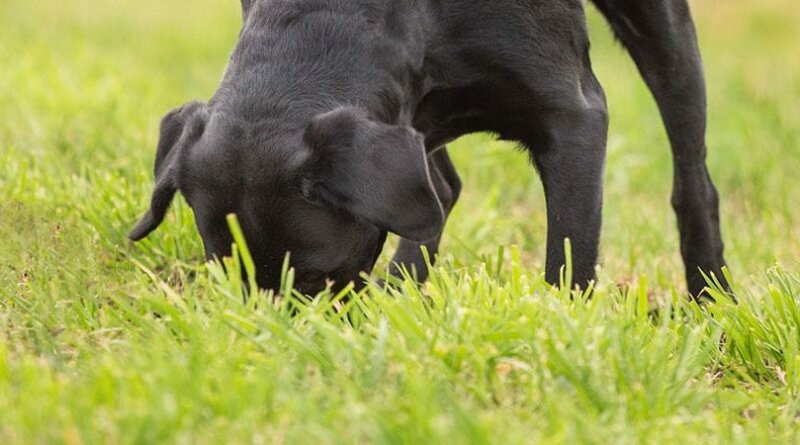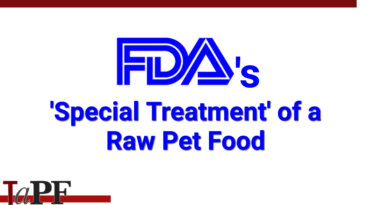3 Things To Do When Your Dog May Be Poisoned
Chocolate cake. Tulips. Wine.
These are just a few of the seemingly harmless household items that can be harmful if ingested by your dog. As a Pack Leader, it’s important to be aware of the many common substances that can be poisonous for your dog, as well as steps you can take to both prevent and treat dog poisoning.
Common causes of dog poisoning
Safe for humans doesn’t necessarily mean safe for dogs. In fact, many of the foodstuffs, medications, and products you keep in your house can be highly toxic to your dog.
Below, we’ve listed some of the most common culprits.
Human food
Your dog’s metabolism is very different from your own, which is why some of your favorite snacks can be hazardous and, in some cases, fatal to your dog. Common dog poisons found in the kitchen include chocolate, avocados, grapes and raisins, macadamia nuts, and alcohol. Xylitol, an artificial sweetener found in sugar-free gum, can also cause unwanted health problems, including weakness and seizures. While some human foods can be safely shared with your dog, it’s generally a good idea to play it safe and only give treats specially made for dogs.
Plants
Several popular household flowers and plants can be poisonous to your dog, including tulips, daffodils, sago palms, azaleas, and rhododendrons. Whenever possible, dog owners should avoid bringing these plants into their homes or yards.
Human medications
Many medications that are helpful to humans can be harmful to dogs. Some of the most common examples include antidepressant, blood pressure, and pain medications. Over-the-counter medications, such as Tylenol, ibuprofen, Advil, Aleve, and fish oil supplements for humans can also be toxic. To prevent accidents, you should stow all of your medications in cabinets that are inaccessible to your dog.
Household products
There are numerous common household products containing chemicals that should never be ingested by your dog. Cleaners, antifreeze, pool cleaning chemicals, and lawn and garden products can all lead to serious health complications for dogs that ingest them. Antifreeze is particularly problematic because it’s very deadly but also tastes sweet, making it an attractive hazard to your dog if not properly stored away.
Insecticides and rodenticides
Products designed to fight ants, roaches, and other insect pests can be poisonous to dogs. Consuming rodenticide – or a rodent that has been poisoned – can also lead to serious problems. Be sure such products are inaccessible to your dog, and always follow guidelines for use closely.
Signs of dog poisoning
Different poisonous substances may affect your dog in different ways depending on how much they ingested. While symptoms of dog poisoning can vary vastly from case to case, here are some of the most common:
- Abnormal behavior
- Black, tarry stool
- Collapse
- Coughing
- Decreased or absent urination
- Diarrhea
- Discolored gums
- Drooling
- Excessive thirst
- Excessive urination
- Lack of appetite
- Nausea
- Vomiting
- Weakness
If you know or suspect your dog is poisoned…
First, remain calm. Though it’s important to act quickly, you must also act carefully — your actions may determine the outcome of your dog’s health emergency.
Step 1
Collect remaining poison or any other substances involved, such as vomit. This evidence can help your vet and other emergency responders identify the type of poison that has affected your dog.
Step 2
Call your vet or the ASCPA Animal Poison Control Center (APCC). You can reach the APCC at (888) 426-4435 and receive advice from animal poison experts for a $65 consultation fee.
Step 3
While speaking on the phone with your vet or animal control experts, you should be ready to tell them the breed, age, sex, and weight of your dog, as well as symptoms and other important information about the incident. If possible, find the product or container for the poisonous substance and keep it on hand for reference throughout the call. The professionals will advise you on your next course of action.
However, if your dog has a seizure, is struggling to breathe, or loses consciousness, bring her to your local vet or emergency clinic immediately.
How were you able to tell your dog was poisoned?




